can anyone speak to the flavor of Rubus leucodermis?
davidrt28 (zone 7)
9 years ago
Related Stories
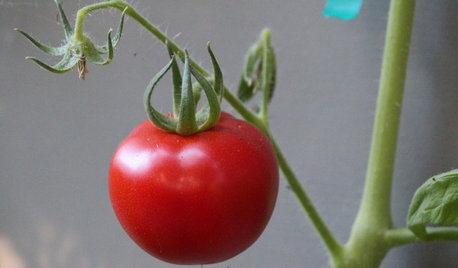
FARM YOUR YARDIf You Have Room for Only One Summer Crop ...
Get an edible that’s long on flavor even if you’re short on space, with a long-time gardener’s favorite picks
Full Story
COASTAL STYLECasual Coastal Style Done 6 Ways
Give your beachy style a British accent, a Southern twang or a crisp New England tone — whatever coastal style speaks to you, this can help
Full Story
KITCHEN DESIGNDream Spaces: 12 Beautiful White Kitchens
Snowy cabinets and walls speak to a certain elegance, while marble counters whisper of luxury
Full Story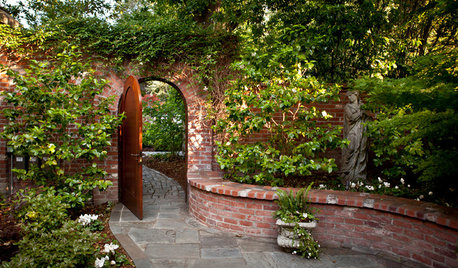
LANDSCAPE DESIGN10 Ways to Create a Romantic Garden
Delve into a sensual garden design that sings of love and speaks to the senses
Full Story
WORKING WITH PROS10 Things Decorators Want You to Know About What They Do
They do more than pick pretty colors. Here's what decorators can do for you — and how you can help them
Full Story
LIFESimple Pleasures: Cultivate Everyday Joie de Vivre
You can’t be on holiday all the time, of course, but you can enjoy that same carefree feeling right at home, right now
Full Story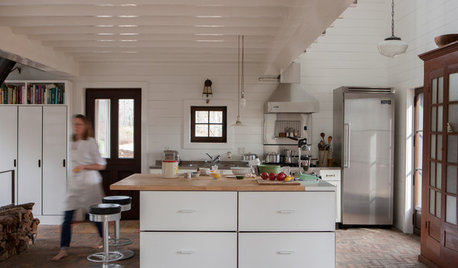
HOUZZ TOURSMy Houzz: Flashes of Industrial Style in a Modern-Rustic Dream Home
In this picture-perfect getaway, you can sleep under the stars without leaving your bed — and heated brick floors keep toes warm
Full Story
MOST POPULAR8 Questions to Ask Yourself Before Meeting With Your Designer
Thinking in advance about how you use your space will get your first design consultation off to its best start
Full Story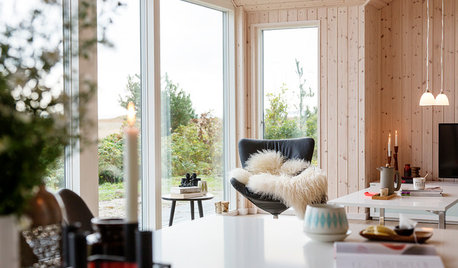
LIFESlow Living 101: Tips for Turning Off the Chaos
It may feel as though you're too busy to slow down and enjoy life. But even little changes can have a big effect
Full Story
KITCHEN DESIGN12 Great Kitchen Styles — Which One’s for You?
Sometimes you can be surprised by the kitchen style that really calls to you. The proof is in the pictures
Full StorySponsored
Zanesville's Most Skilled & Knowledgeable Home Improvement Specialists
More Discussions






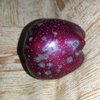
larry_gene
davidrt28 (zone 7)Original Author
Related Professionals
Bridgetown Landscape Architects & Landscape Designers · Glen Ellyn Landscape Architects & Landscape Designers · West Chester Landscape Architects & Landscape Designers · Allentown Landscape Contractors · Bainbridge Island Landscape Contractors · Bergenfield Landscape Contractors · Brunswick Landscape Contractors · Fridley Landscape Contractors · Homewood Landscape Contractors · Louisville Landscape Contractors · Mastic Beach Landscape Contractors · Pahrump Landscape Contractors · Roswell Landscape Contractors · Saint George Landscape Contractors · San Bruno Landscape Contractorsdavidrt28 (zone 7)Original Author
davidrt28 (zone 7)Original Author
drew51 SE MI Z5b/6a
jstubbs_gw
murkwell
drew51 SE MI Z5b/6a